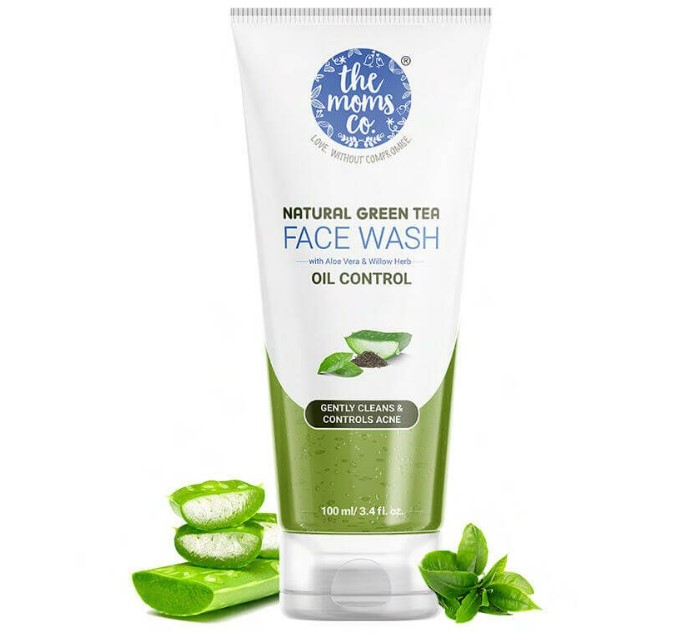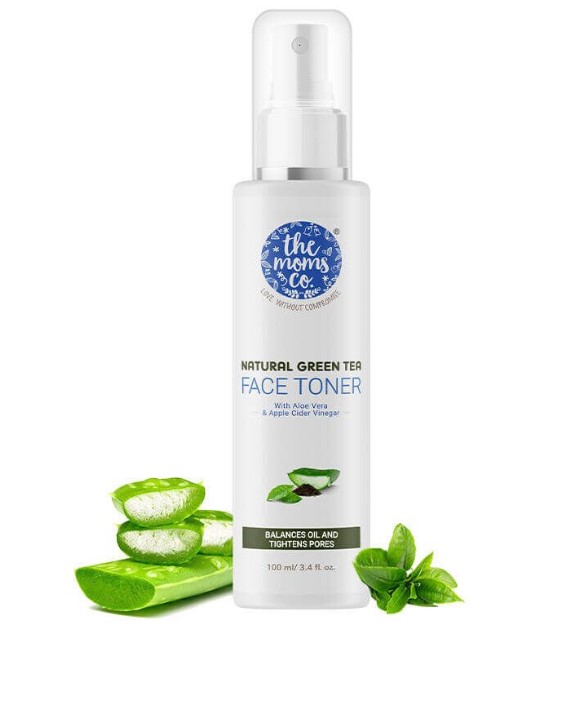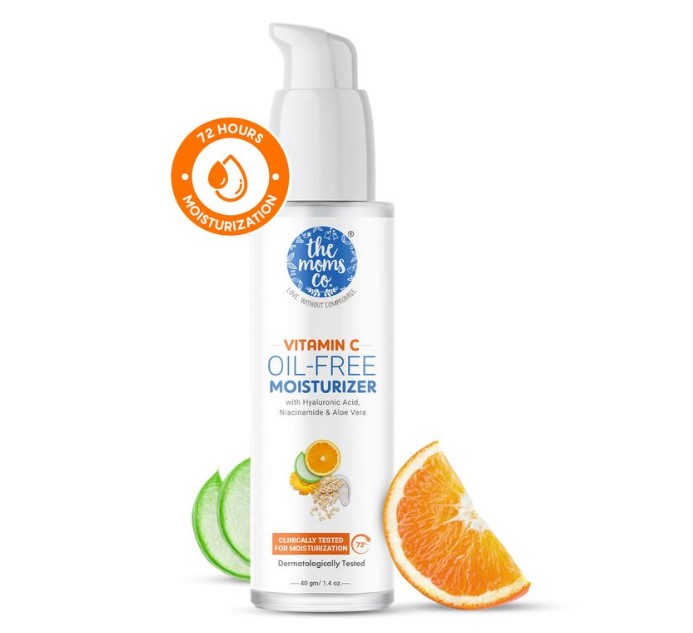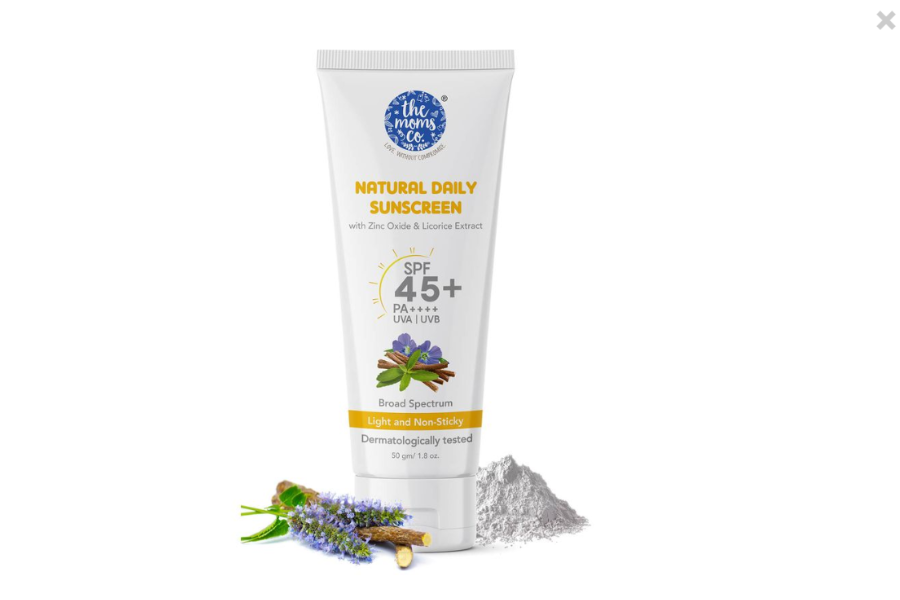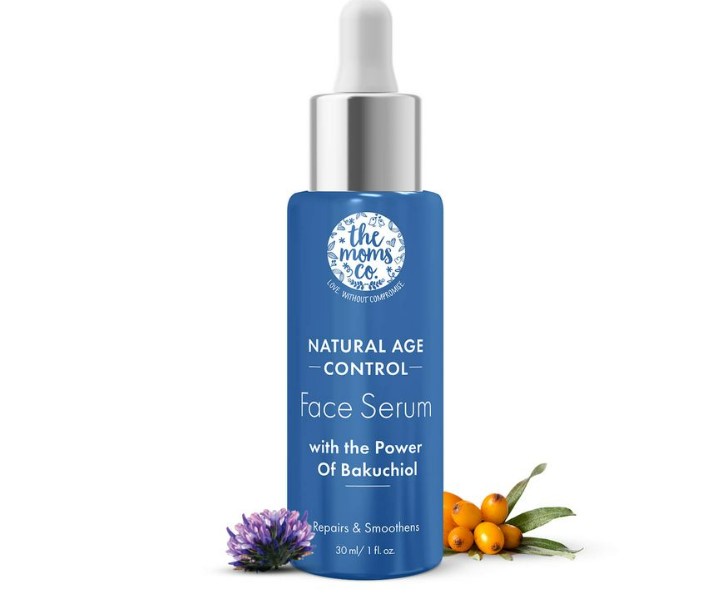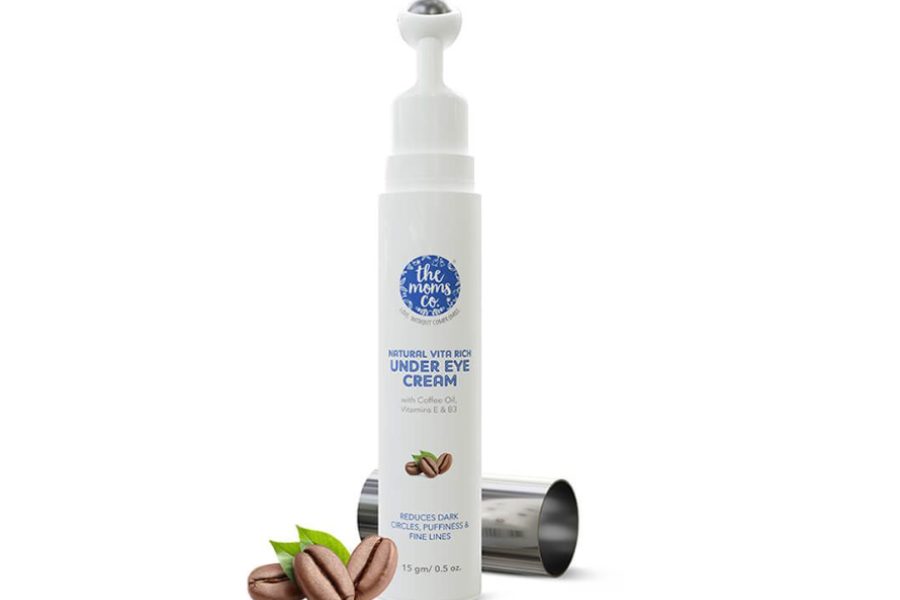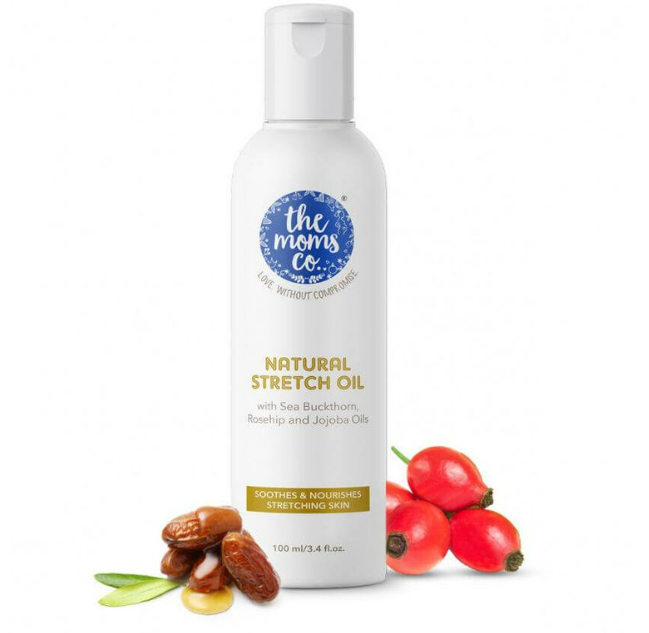
The Ultimate Pregnancy-Safe Skincare Routine For Oily Skin
19 Apr 2023 | 5 min Read
Sudeshna Chakravarti
Author | 799 Articles
Oily skin during pregnancy can be caused due to a number of factors—hormones, genetics, stress, diet, and climate. However, at its core, oily skin during this time results from increased sebum production due to progesterone hormones, which can lead to enlarged and clogged pores. The good news is that you can make your skin appear less greasy by following a well-curated skincare routine for oily skin.
To even out your skin texture and manage oiliness, we have curated a potent oily skincare routine, featuring pregnancy-safe ingredients and products. So read to know more about the skincare steps to include in your daily routine to achieve a healthy, nourished, oil-free look.
Pregnancy-Safe Skincare Routine For Oily Skin
Add an oil-balancing cleanser to your skincare routine to remove dirt and unclog pores / Image credit: Freepik
Step 1: Start With A Mild Cleanser
For cleanser, you can opt for the natural green tea face wash from The Moms Co., which features a soap-free and gel-based formula that helps remove dirt, grime, and daily build-up, without stripping the natural oils from your skin.
The face wash contains anti-inflammatory ingredients like green tea and niacinamide that help control excess sebum production, and antioxidants like willow herb, aloe vera, and kaolin clay that fight acne-causing bacteria and give you an oil-free and nourished look.
Step 2: Go For A Deep Exfoliation
Exfoliation is a must for those with oily skin as it helps remove dead skin cells and fights acne and blemishes. Go for The Moms Co.’s natural green tea face scrub, which is specially formulated to control excess sebum production and acne, and improve your skin radiance.
The face scrub contains black sand and plant-based AHAs that remove dirt and excess oil from clogged pores, and vitamin C that helps enhance collagen synthesis to improve your skin’s health and protect against pollution.
Step 3: Apply An Oil-Balancing Toner
Did you think that you can do without a face toner in your pregnancy skincare routine? Well, maybe not! Face toner is an essential part of your daily skincare routine, regardless of your skin type, as it helps add a boost of hydration to your skin, and also balances the pH value of your skin tone.
Go for an alcohol-free solution like The Moms Co.’s natural green tea face toner enriched with apple cider vinegar and green tea extracts that control oil and acne in your skin, and also reduce the apperance of enlarged pores. In addition to these antioxidant-rich ingredients, the face toner contains aloe vera gel, cucumber extracts, and plant-based AHAs that tighten your skin pores and soothe redness.
Step 4: Layer In An OIl-Free Moisturiser
Look for an oil-free moisturiser that helps hydrate your skin without making it look greasy / Image credit: Freepik
Oily skin needs moisturiser too, but if you are worried about having a greasy complexion, you can go for an oil-free moisturiser. For instance, choose The Moms Co.’s natural vitamin C oil-free moisturiser, which contains a blend of skin-soothing ingredients like hyaluronic acid, aloe vera, green tea extracts, and niacinamide that hydrate your skin and tackle acne, while even toning your skin’s texture. Also, as the name suggests, the product contains vitamin C as well which helps fight free radical damage and gives you radiant, clear skin, without an oily look.
Step 5: Protect Your Skin With Sunscreen
Look for a sunscreen that is ideal for oily skin and doesn’t clog your pores. You can go for the natural daily sunscreen from The Moms Co., which features a lightweight formulation of licorice extracts, chamomile, and calendula extracts that offer broad-spectrum protection from UV rays and prevent sun-induced damage on your skin.
The SPF also contains 25% zinc oxide that helps soothe skin inflammation and reduces redness. Ensure to apply the sunscreen regularly and reapply it every 2-3 hours for maximum protection.
Ingredients to Avoid In Skincare Routine For Oily Skin
Any ingredient that is particularly heavy or pore-clogging is a big no-no for oily skin. Hence, steer clear of products that contain petroleum jelly, vegetable oil, or any other thick cosmetic oil.
You should also avoid harsh scrubs as they deplete your skin barrier and lead your complexion to produce extra oil, leading to even more greasiness. To make things easier, always go through the labels of skincare products and opt for those that are labelled non-comedogenic, which means they won’t clog your pores.
Conclusion
Oily skin can be difficult to deal with, but with the right skincare products, you can achieve a shine-free and radiant glow. Using products that contain oil-balancing ingredients like green tea, niacinamide, aloe vera, and witch hazel is key to dealing with oily skin and its associated skin concerns like acne, hyperpigmentation, and large pores.
Apart from maintaining a daily skincare routine for oily skin, you should also focus on following a healthy and sustainable lifestyle to enhance your overall skin health.
Check Out These Pregnancy Care Products:
Natural Age-Control Face Serum
Natural Vita-Rich Under-Eye Cream
Also Read:
Combination skin during pregnancy: This is exactly how you should care for your combination skin during pregnancy.
Antioxidants to use during pregnancy: These antioxidants strengthen your skin barrier and boost your pregnancy glow. Check them out.
Best anti-ageing ingredients: Add these anti-ageing ingredients to your daily skincare routine to ensure protection against fine lines and wrinkles during pregnancy.
Cover Image Credit: Freepik.com
A


Related Topics for you
Suggestions offered by doctors on BabyChakra are of advisory nature i.e., for educational and informational purposes only. Content posted on, created for, or compiled by BabyChakra is not intended or designed to replace your doctor's independent judgment about any symptom, condition, or the appropriateness or risks of a procedure or treatment for a given person.

